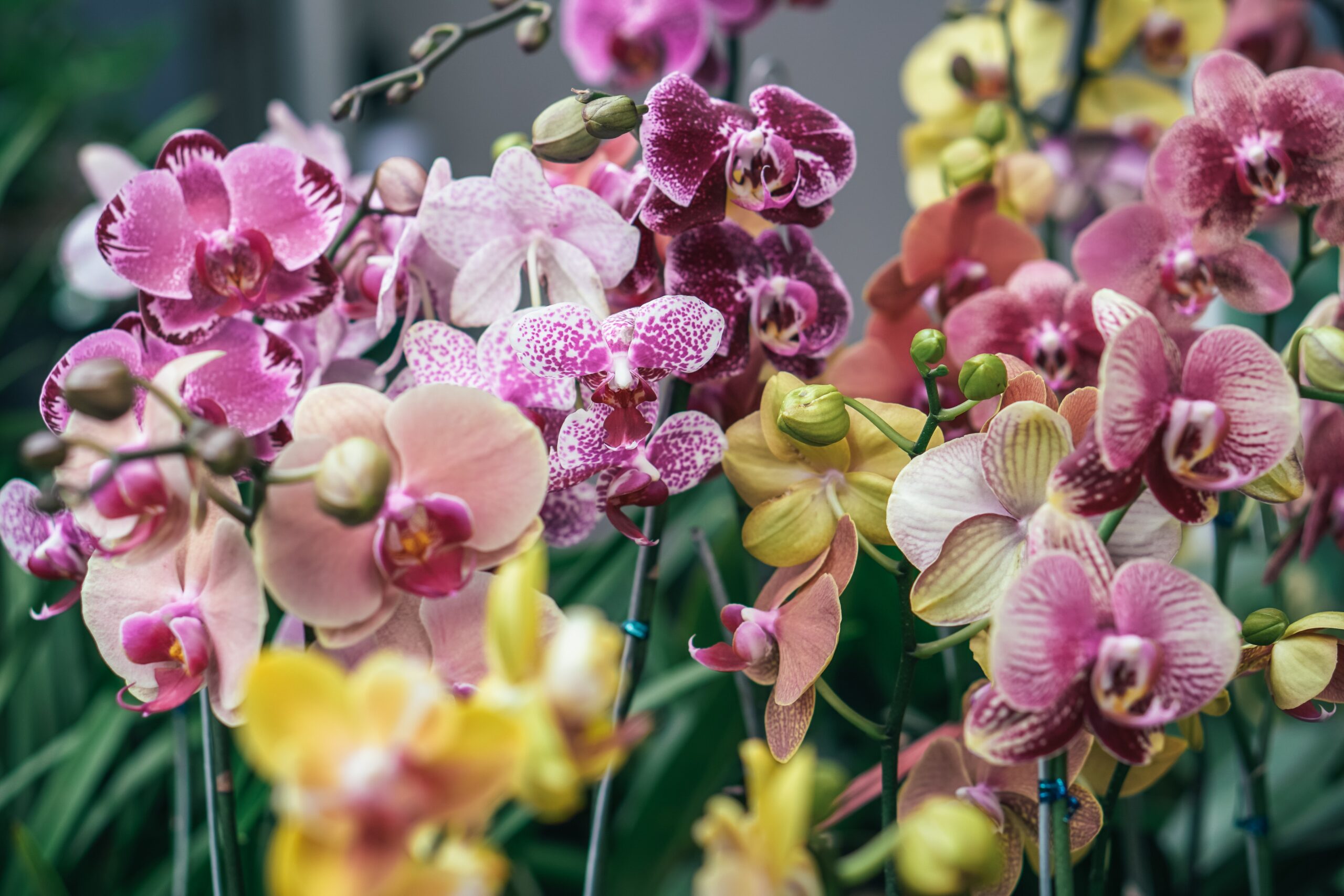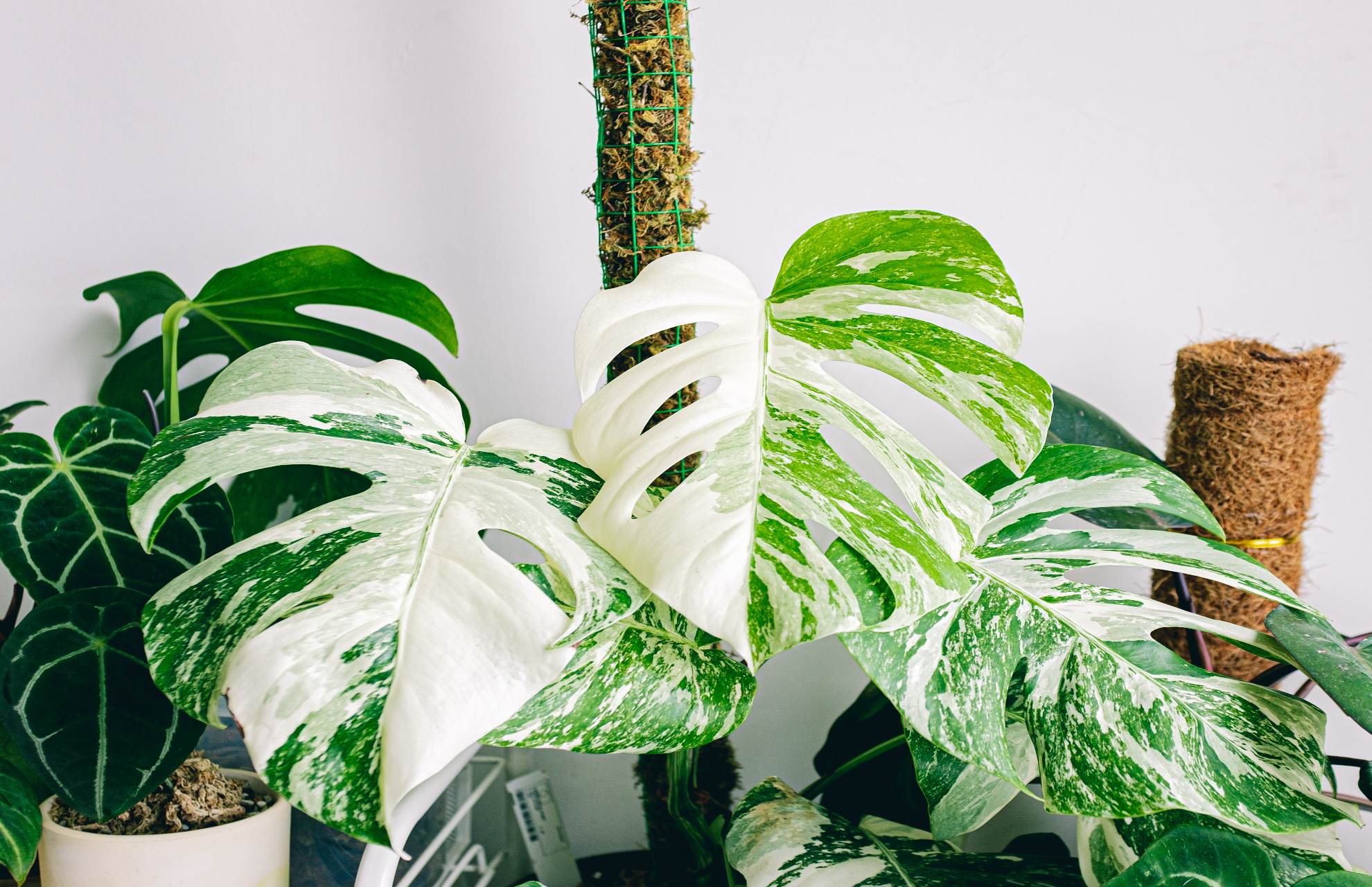There are more than 100,000 orchid hybrids and well over 20,000 species of orchids to pick from, making these blossoms a stunning addition to your home. But are cats poisoned by orchids?
For those who love orchids, we have some exciting news: The ASPCA reminds us that while eating orchids could give your curious cat a stomach discomfort and perhaps result in vomiting similar to what happens when grass is swallowed, orchids are not poisonous to cats. And this is true of all orchid kinds. All orchids are safe for cats, despite what many pet parents believe. This includes Mystique orchids and the Phalaenopsis Orchid, also known as the moth orchid.
Remember that your cat could be harmed by pesticides and fertilizers, so only use ones you are certain are safe.
Are Orchids Toxic to Your Pet Cats and Dogs?
Have your orchid petals been eaten by your cat’s inquisitive teeth? Leaves? Stem?
Do not fret! Orchids are a safe plant for cats to have in your house, according to the ASPCA Animal Poison Control Center. They can, however, harm your cat if it eats them.
According to Renee Schmid, DVM, DABVT, DABT, Senior Veterinarian Toxicologist at the Pet Poison Helpline, “Orchids may produce stomach distress, vomiting, and diarrhea but are not predicted to cause more serious indications.”
Although orchids themselves are not hazardous, fertilizers, insecticides, and pesticides contain chemicals that can be dangerous to your cat. If your cat gets to get to your orchid, treat it with organic, pet-friendly remedies to assure its complete safety.
You may be interested in:
- Are Bromeliads Toxic To Pet Cats
- Are Fiddle Leaf Figs Toxic to Pet Cats, Dogs, or Other Animals
- Are Air Plants Toxic to Pet Cats, Dogs, or Other Animals
- Is The ZZ Plant Poisonous for Cats, Dogs, or Other Pets
- Are Venus Fly Traps Poisonous To Cats
About Orchids Plants
All orchids of the Orchidaceae family are safe for cats, so you may have as many and any variety of orchids under your care as you like.
Even though orchids are a safe alternative to have near our cherished cats, it’s still preferable to keep them out of Fluffy’s reach. Your cats will be secure and your orchids will grow well as a result.
Any portion of the orchid that is consumed poses a risk for gastrointestinal distress, according to Schmid. “There is a danger for foreign body blockage if big parts of bulbs or a substantial volume of plant debris are swallowed.”
She continues by pointing out that all orchids have the same risk of stomach distress. Therefore, it’s crucial to maintain a constant check on your cat, whichever type you have.
To keep your orchids (and any other plants you may have) out of your cat’s reach, think about mounting them on the wall or in hanging baskets.
Have you noticed that your cat is paying your orchids a bit too much attention? Surprise her with a new toy or a safe indoor cat grass to chew on to keep her occupied.
What If Cats and Dogs Nibble on Orchids?
Depending on how much of your orchid she ate and how she feels afterwards will determine if you need to take your cat to the doctor.
Schmid advises “monitoring for symptoms of stomach trouble and taking [your cat] to the veterinarian if prolonged vomiting or diarrhea develops” if you discover your cat has been gorging on orchids.
Avoid maintaining these popular, poisonous plants in your house and yard if your cat has a propensity to smell and chew plants:
- Aloe vera
- Amaryllis
- Carnations
- Daffodils
- Dahlias
- Hydrangeas
- Jade plants
- Lilies
- Tulips
Read the ASPCA’s list of non-toxic and toxic plants for further information about harmful plants and cats. Call the ASPCA or your veterinarian right once if your cat is exhibiting symptoms of poisoning.
Conclusion
Even though orchids aren’t toxic to cats, their innate need to chew on leaves and blooms can seriously harm your collection of plants. It is feasible for cats and houseplants to cohabit, but the key to success is thoughtful prevention.
The simplest approach to achieve peace is to give your cat safe plants to chew on, spoil them with a comfortable bed, and provide necessities like scratchers, a cat tree, and plenty of toys. You’ll be able to enjoy your pet’s company as well as your favorite houseplants, and your cat will be far less likely to feel the urge to nibble on your orchids.









